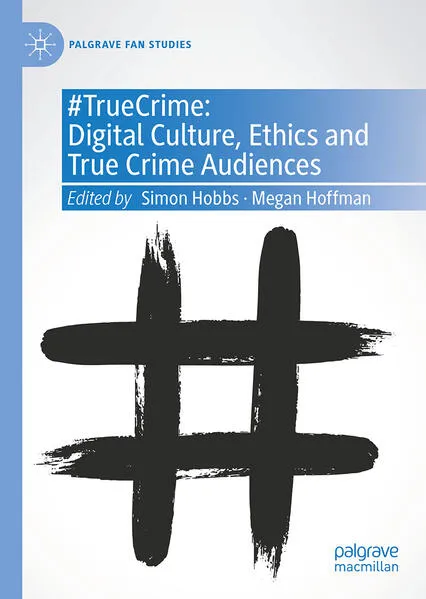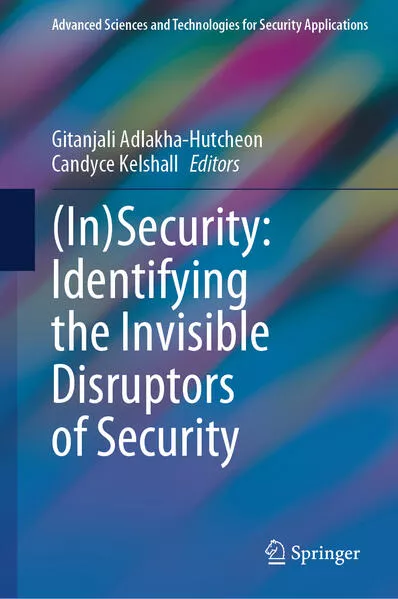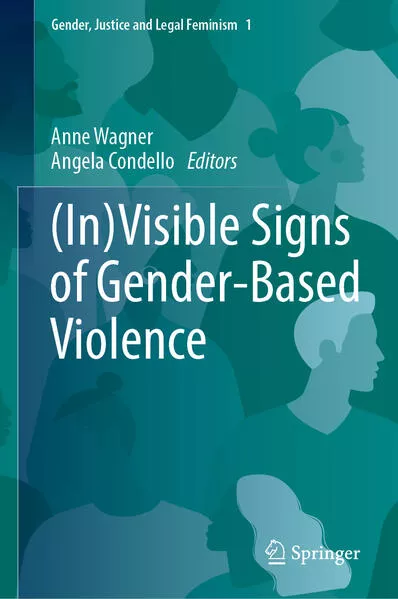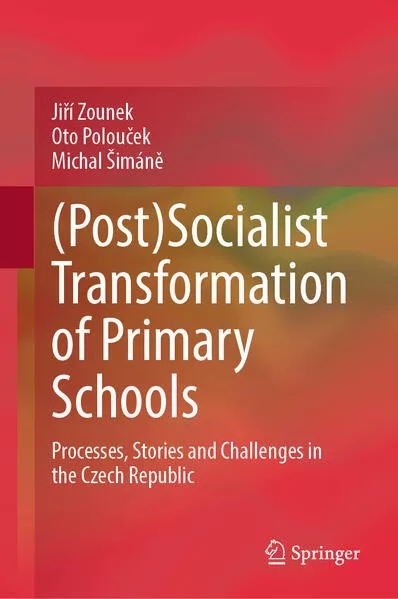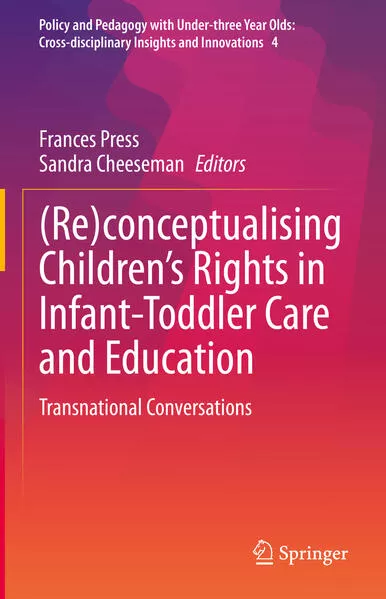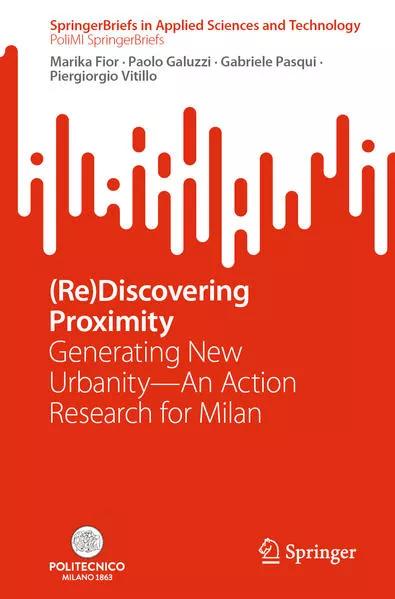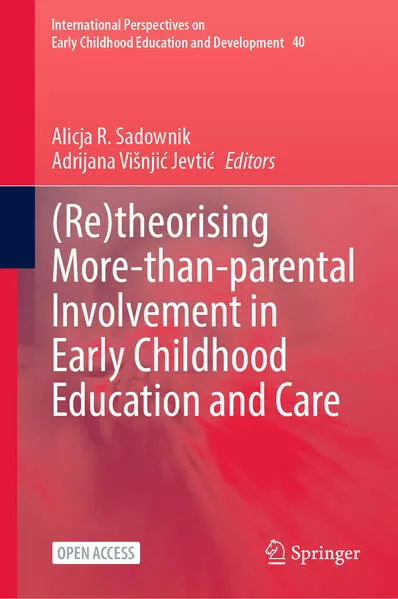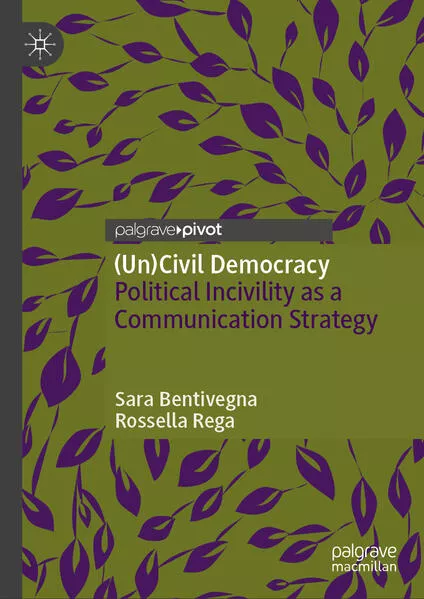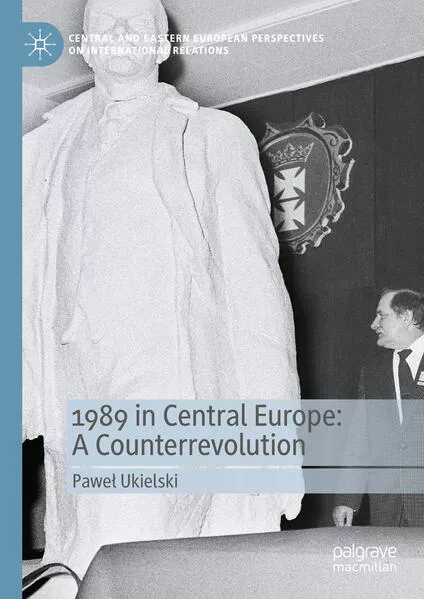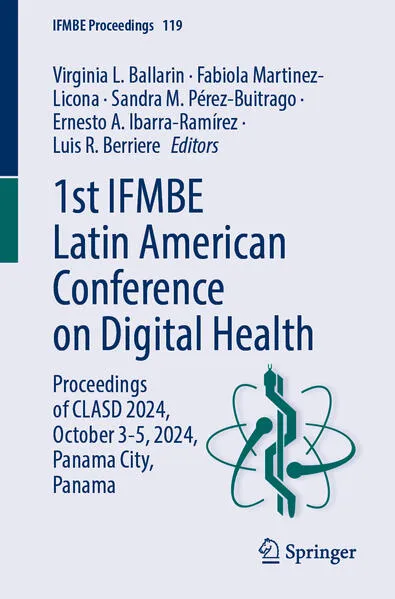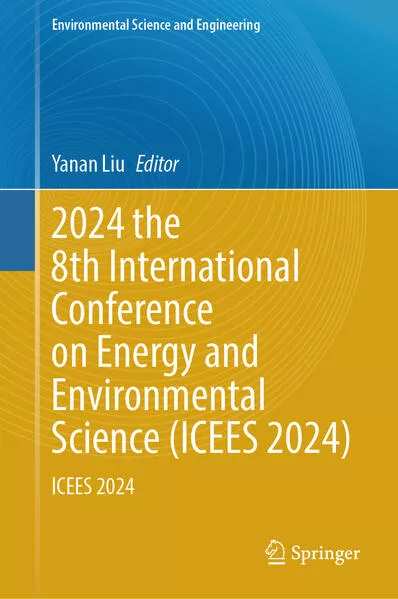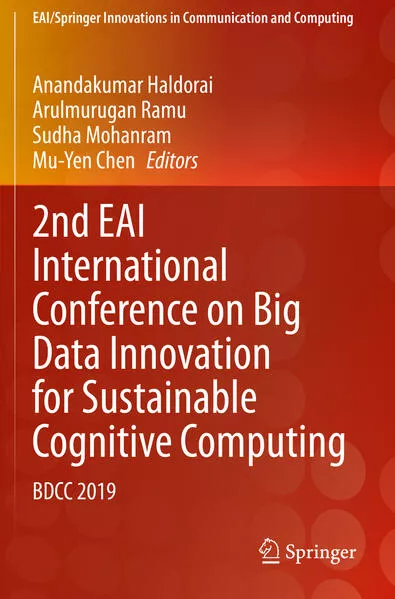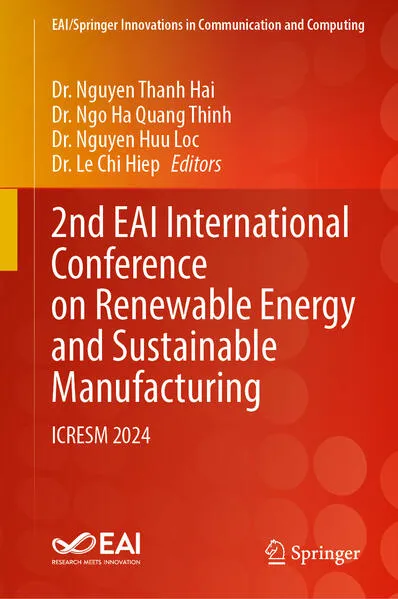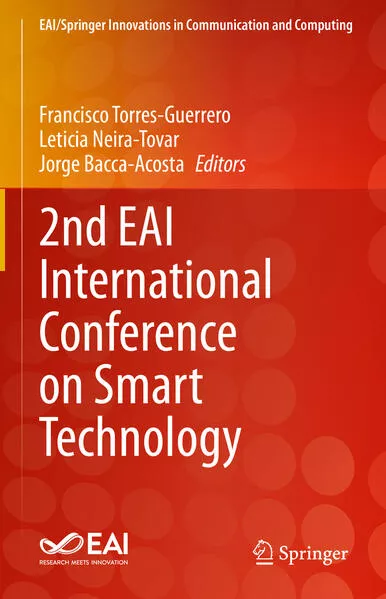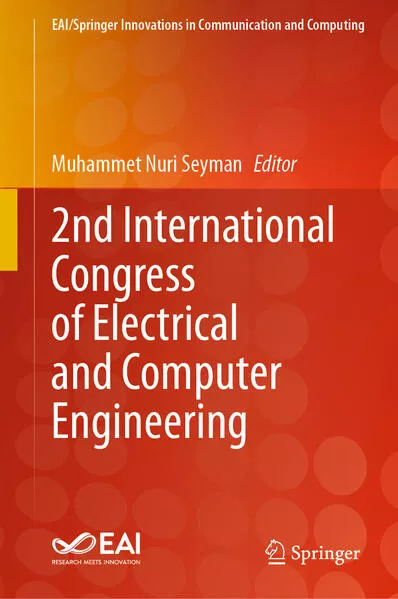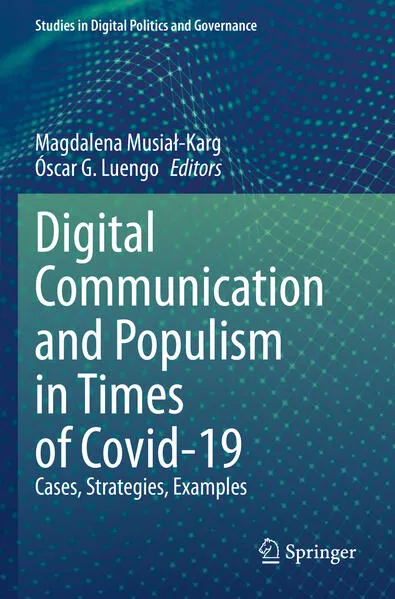
Digital Communication and Populism in Times of Covid-19
Cases, Strategies, Examples
The COVID-19 (SARS-CoV-2) pandemic significantly accelerated the technological revolution presenting many social, economic, and political challenges, as it pushed the world into cyberspace to ensure social distancing. At the same time, many populist protests expressed in the digital public sphere massively gained importance during the lockdowns. As a result, one of the most significant consequences of using electronic tools is not only greater e-participation of citizens, but - especially evident through elections during a pandemic - even greater transfer of political communication and election campaigns into the space of new media. The book broadly analyses various contexts of digitalization of communication processes and populist politics from both theoretical and empirical perspectives in various case studies on the digitalization of information, communication, or participation processes during the COVID-19 pandemic in selected European countries and beyond.
This book will appeal to students, researchers, and scholars of political communication, political science, electoral studies, digital politics, and democracy, as well as policy-makers interested in a better understanding of digital communication and populism during the Covid-19 pandemic.
Unterstütze den lokalen Buchhandel
Nutze die PLZ-Suche um einen Buchhändler in Deiner Nähe zu finden.
Bestelle dieses Buch im Internet
| Veröffentlichung: | 14.09.2024 |
| Höhe/Breite/Gewicht | H 23,5 cm / B 15,5 cm / - |
| Seiten | 207 |
| Art des Mediums | Buch [Taschenbuch] |
| Preis DE | EUR 128.39 |
| Preis AT | EUR 131.99 |
| Auflage | 1. Auflage |
| Reihe | Studies in Digital Politics and Governance |
| ISBN-13 | 978-3-031-33718-5 |
| ISBN-10 | 3031337182 |
Über die Autorin
Magdalena Musiał-Karg is an associate professor at the Department of Political Systems, Faculty of Political Science and Journalism, Adam Mickiewicz University in Poznań, Poland. Her main research interests focus on direct democracy and the impact of modern technologies (ICT) on democratic systems, mainly on the electoral process (e-voting). She has also conducted research on the role of women in public space. M. Musiał-Karg is the author of numerous publications devoted to electronic participation, alternative voting methods, and direct democracy.She was a holder of a PhD scholarship under the "Europa Fellows II" Programme financed by the German Federal Ministry of Education and Research and under the Osteuropa Programme financed by KAAD. In 2014, she was awarded with a 3-year stipend for young distinguished scientists funded by the Polish Minister of Science and Higher Education.She is the Vice-Dean for Research and Scientific Cooperation at the Faculty of Political Science and Journalism, Adam Mickiewicz University in Poznań, and a former Vice-Dean for Research and Development (2016-2020). She is also the Vice-President of the Polish Political Science Association, member of the Political Sciences Committee of the Polish Academy of Sciences (2020-2023), and the President of the Center for European Research and Education.
Óscar G. Luengo is a professor at the Department of Political Science and Public Administration, at the Faculty of Political Science and Sociology at the University of Granada, Spain. He is the Vice-Chair of the Research Committee on Political Communication (RC22) of the International Political Science Association (IPSA), Director of the Ibero American School of Local Government (Ibero American Municipalists Union - UIM) and former Vice-dean for International Relations (2008-2012) at the Faculty of Political Science and Sociology. He was a distinguished visiting scholar at Florida International University, as well as a research fellow at the University of Machala (Ecuador), Amsterdam School of Communication Research (The Netherlands), University of Mainz (Germany), European University Institute (Italy) and University Tecnológica de Monterrey (México). Prof. Luengo was a visiting professor at many foreign universities: the University of California, Berkeley (US), Ritsumeikan University (Japan), Florida International University (USA), University of Saint Louis (USA), University of Anadolu (Turkey), University of Plzen (Czech Republic), University of Buenos Aires (Argentina), and Adam Mickiewicz University in Poznań (Poland). His main research areas focus on political communication, campaigns, and electoral analysis. Further, he is researching new media impact on civic participation and democracy.
Diesen Artikel teilen
0 Kommentar zu diesem Buch
.... weitere Publikationen von Springer International Publishing
Wie weit bist du bereit zu gehen, wenn es Liebe ist? Time Travel Urban Fantasy trifft auf Historische Fantasy
Bewerbungsfrist bis zum: 15.02.2026




